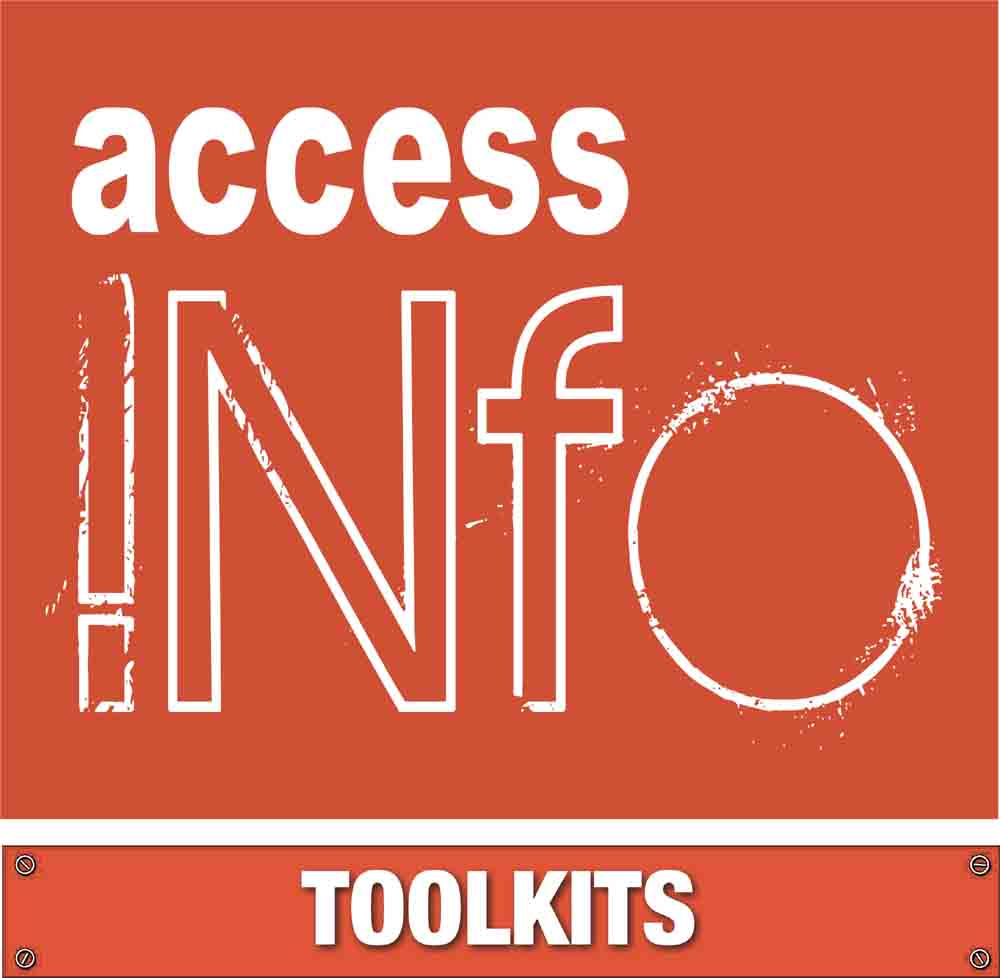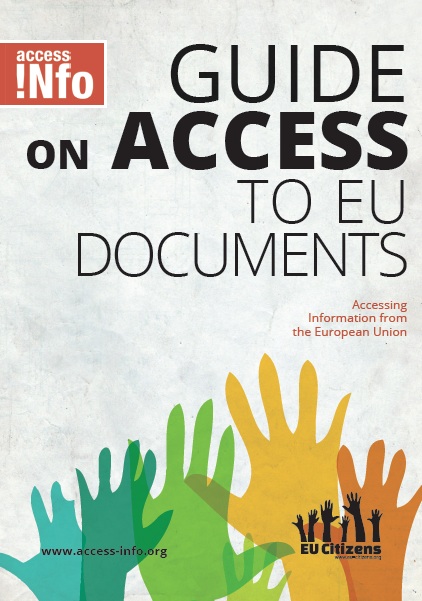Tko su pravi vlasnici medija – traži se transparentnost
Helen Darbishire2018-11-13T10:07:23+01:00GONG | 10/03/2015 Croatian – U samo dvije od 20 analiziranih zemalja moguće je znati tko je zapravo vlasnik medija dok u 10 od 20 zemalja čak ni medijski regulatori ne znaju tko je zapravo vlasnik tiskanih medija, a u slučaju online medija ova brojka pada na šest. Stoga, Access Info Europe otvara peticiju za potpisivanje' Deset preporuka o transparentnosti vlasništva nad medijima'. Read more...




